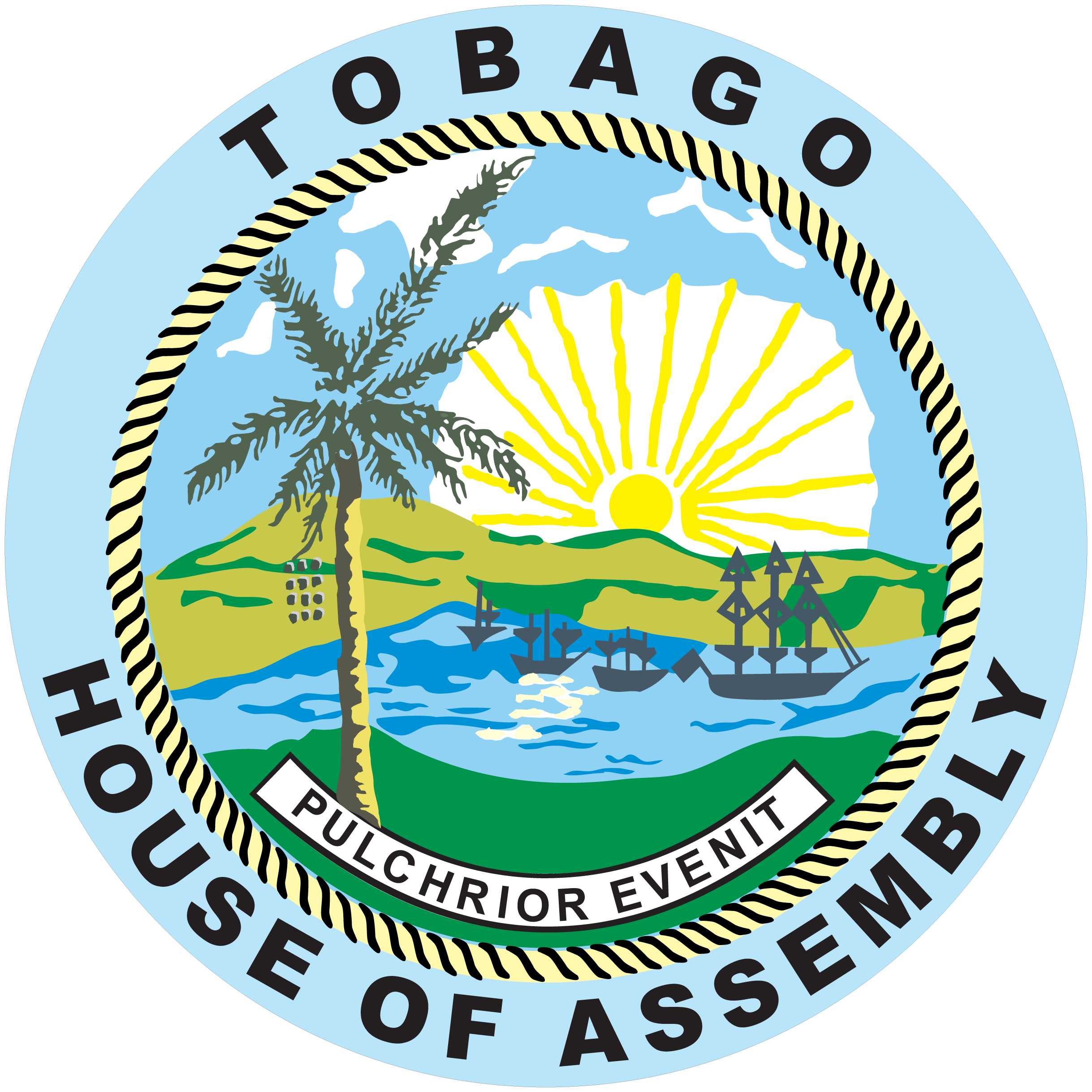 Tobago may soon become a major energy player, stated Victor Hart, chairman of the government-appointed Steering Committee of the Trinidad and Tobago Extractive Industries Transparency Initiative (TTEITI).
Tobago may soon become a major energy player, stated Victor Hart, chairman of the government-appointed Steering Committee of the Trinidad and Tobago Extractive Industries Transparency Initiative (TTEITI).
He said the Central Government collected just $9.4 million in revenue in 2011 from energy giant Centrica, which conducted deep-water exploration for natural gas north off Charlotteville, while it received $9.4 billion from BP and $3.5 billion from Petrotrin in both oil and gas revenues.
Hart and two TTEITI members called on the Chief Secretary on Monday March 24 2014 to present the First Annual Extractive Industry Report 2011, which for the first time showed the revenues companies have paid to government in a fiscal year.
Hart said that during the period the report covered, there was minimal energy-sector activity in Tobago except for when Centrica was exploring for gas off Charlotteville in Block 22. He added that since then, in 2012 and 2013, the government had awarded deep-water contracts to BP and BHP Billiton off Speyside while Centrica has continued operations off Charlotteville.
“What is good for the future of Tobago is that it is on the cusp of becoming a major energy player in the future. Although we hear about reserves being reduced in Trinidad through the Scott report and so on, we could find over the next decade a shift in emphasis in production in Trinidad and off Pt Galeota, for instance, into greater production off the coast of Tobago. So, Tobago is really on the verge of becoming a major player if the projections of very good finds materialise,” Hart said.
He added that the Minister of Energy and Energy Affairs had publicly stated many times how confident he was that the deep-water activities that were taking place nationally, and certainly in Tobago, would generate some very large oil and gas finds. “As a result, we could see in future reports not just $9.4 million, as in the 2011 report, but major revenue generated by offshore reserves in Tobago,” he said.
He added that the report outlined what each energy company paid to it, independent of what it received from the Board of Inland Revenue and the Ministry of Energy and Energy Affairs. He said the receipts were audited by an independent accounting firm to ensure there were no discrepancies.
He said that countries worldwide that have implemented the EITI showed less signs of corruption because of the transparency the process brought to payments made to government. This is clearly advantageous to a country like Trinidad and Tobago, which is so heavily dependent on the energy sector.
